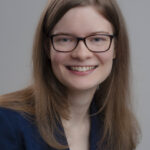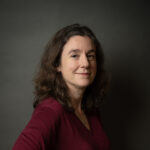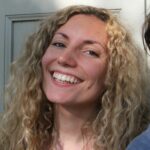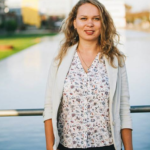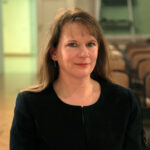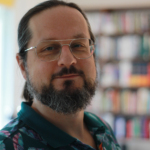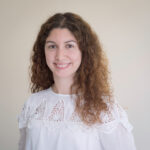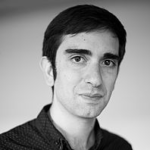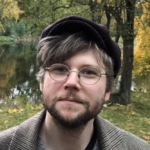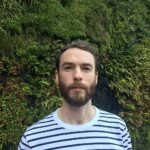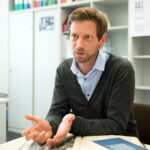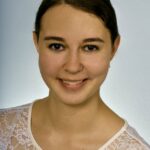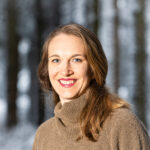
Dr Julie M. Birkholz
Ghent University & KBR - Royal Library of Belgium
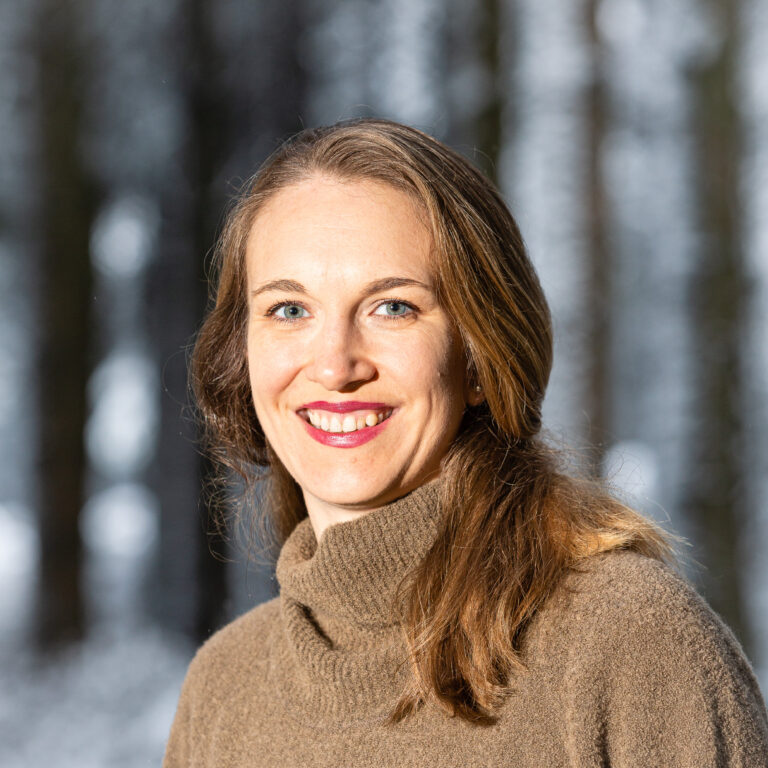
Dr. Julie M. Birkholz is Assistant Professor Digital Humanities at Ghent University and Lead of KBR’s- Royal Library of Belgium’s Digital Research Lab. Her research expertise is in historical social network analysis, but more broadly developing digital workflows to afford digital humanities research. From 2017 – 2020 she was a DH Fellow on the ERC Agents of Change Research project WeChangEd, investigating the historical networks of women editors, periodicals and organizations in Europe, as well as the research data manager for the linked open data of the bibliographic information of these editors. From 2014 – 2017 she was a Postdoctoral Researcher at the Centre for Higher Education Governance Ghent, researching the identification of social networks through web data. She holds a doctorate in Organization Sciences from the VU University Amsterdam, the Netherlands.
Email: julie.birkholz@ugent.be

Ingo Börner
University of Potsdam, WP7
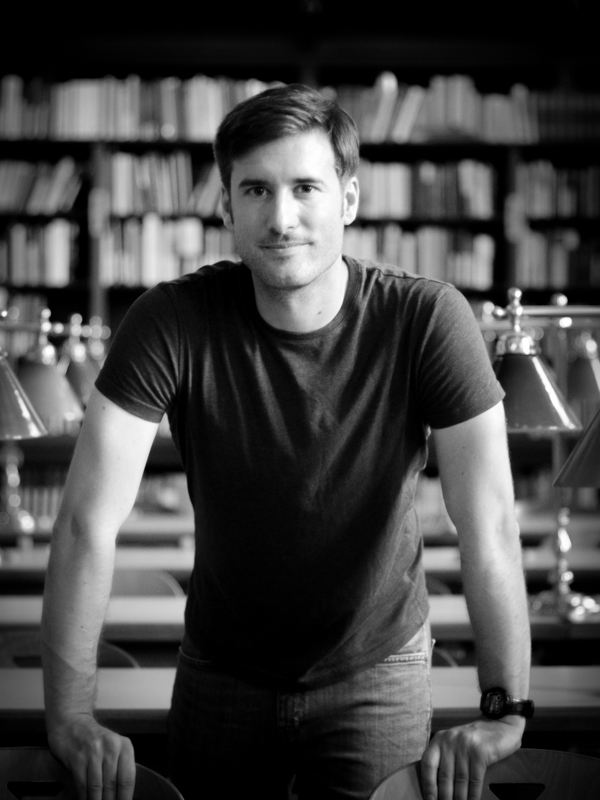
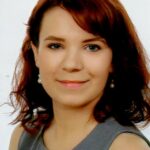
joanna byszuk
Institute of Polish Language, Polish Academy of Sciences (WP 1 & 3)
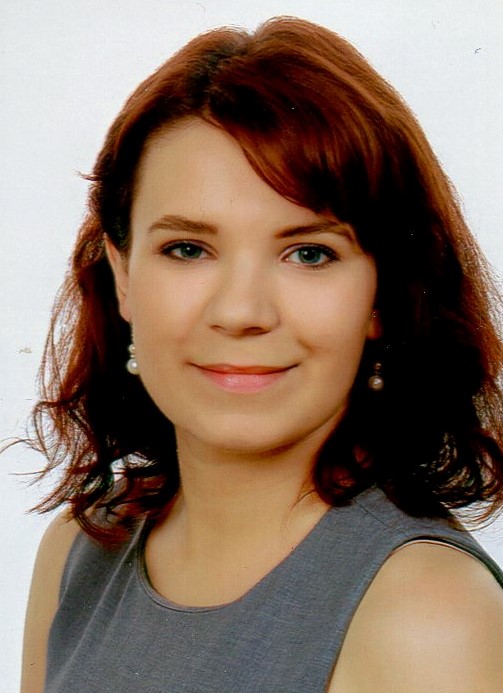
Joanna Byszuk is a research associate and a member of Computational Stylistics Group at the Institute of Polish Language, Polish Academy of Sciences, Kraków. She has worked on ‘Foundations of Computational Stylistics’ (2018-2022) and ‘CLS Infra’ (2022-2025) projects, focusing on cross-lingual computational stylistics and advancing stylometric methodology and its understanding, especially locating method limitations and developing evaluation procedures. She was also engaged in the COST Action Distant Reading, where she was leading Working Group 2 ‘Methods and Tools’ (2020-2022), and in ‘Deep Learning in the Computational Stylistics’ collaboration with the University of Antwerp. She is interested in discourse analysis and sociolinguistics, especially in connection to ‘big data’ and multimodal perspective, establishing in her dissertation a methodology of multimodal stylometry for the study of audiovisual works.
For more, see: https://ijp.pan.pl/en/pracownicy/jbyszuk/
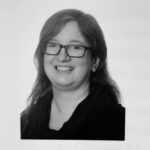
Sally Chambers
Ghent Centre for Digital Humanities, Wp6 & WP9
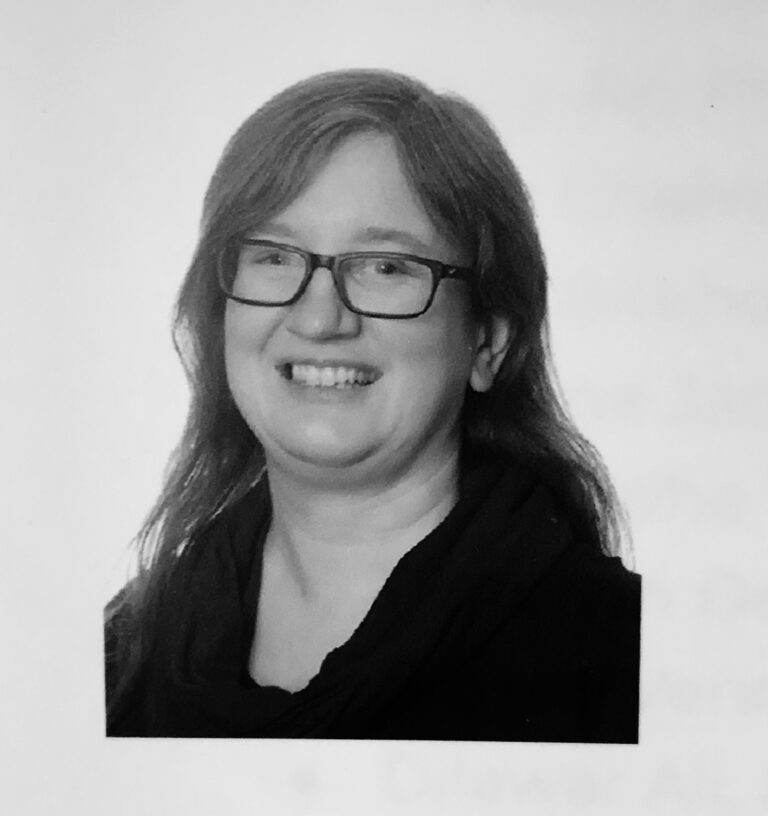
Sally Chambers is Digital Humanities Research Coordinator at the Ghent Centre for Digital Humanities, Ghent University, Belgium where she coordinates the CLARIAH: Open Humanities Service Infrastructure and is National Coordinator for DARIAH Belgium. Sally is Chair of the DARIAH-EU National Coordinator Committee and member of the DARIAH-EU Senior Management Team. Sally initially worked in academic libraries in the UK in the mid-1990s before joining The European Library (the predecessor of Europeana) at the National Library of the Netherlands in The Hague in 2005. Previously, she was Secretary-General of DARIAH-EU based in the Göttingen Centre for Digital Humanities, Germany before joining the GhentCDH in early 2015. Since late 2020, she divides her time between GhentCDH and the KBR, Royal Library of Belgium, where she coordinates the DATA-KBR-BE project to facilitate data-level access to KBR’s digitised and born-digital collections for digital humanities research. She is an active participant in the international Galleries, Libraries, Archives and Museums (GLAM) Labs community and a co-author of Open a GLAM Lab, a practical guide for setting up, running and maintaining a Digital Cultural Heritage Innovation Lab. In June 2021, Sally was appointed as the Executive Director of the Impact Centre of Competence in Digitisation. She combines this role with her work at the KBR, Royal Library of Belgium and Ghent Centre for Digital Humanities.
Email: sally.chambers@ugent.be
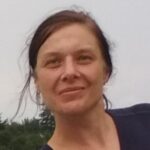
Mgr. Silvie Cinková Ph.D.
Charles University, WP4, WP8, & WP9
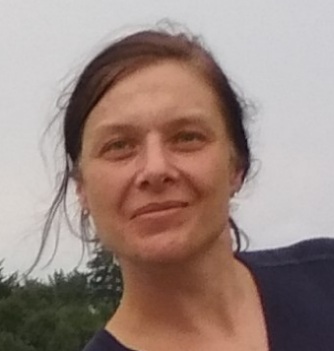
Background: German and Swedish philology.
Since 2004: linguistic annotation of diverse corpora, primarily for machine learning.
Since 2013: data analysis, text mining, Digital Humanities, teaching R and data analysis to students of humanities.
Since 2019: readability studies.
Email: cinkova@ufal.mff.cuni.cz
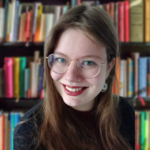
Anna Dijkstra
The Huygens Institute, WP4
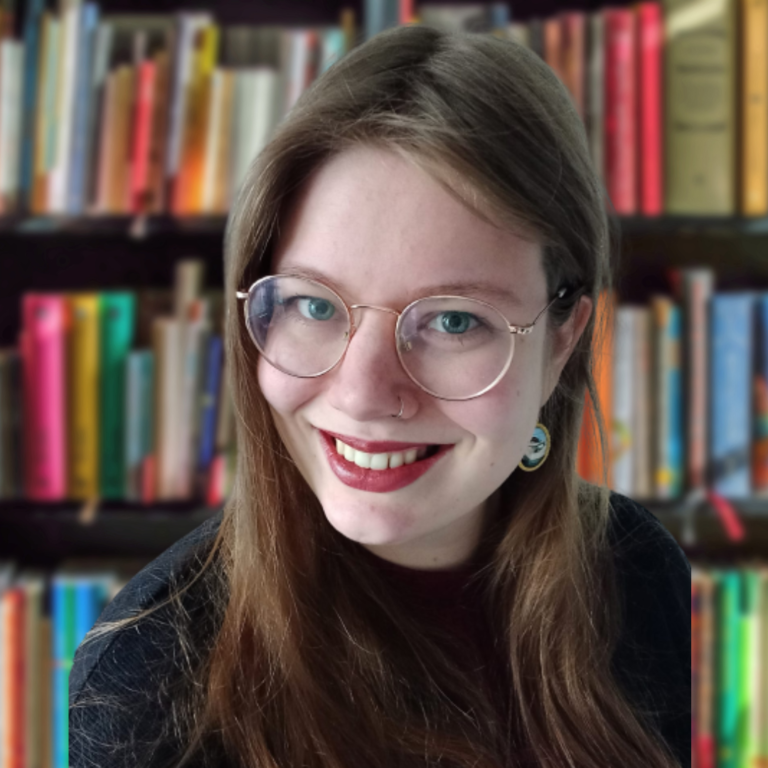
Anna Dijkstra joined CLS INFRA as Work Package 4 coordinator in April 2023, leaving to pursue a second Master’s degree at Oxford University in 2024. She obtained a research master’s degree in Literary Studies at the University of Amsterdam, and has a background in English literature and philosophy. She worked as a researcher at the Huygens Institute on modernist studies and epistemology.
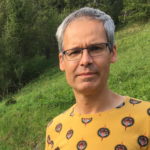
Prof. Maciej Eder
Institute of Polish Language, Polish Academy of Sciences,
Principal Investigator
(WP 1, 3 & 4)
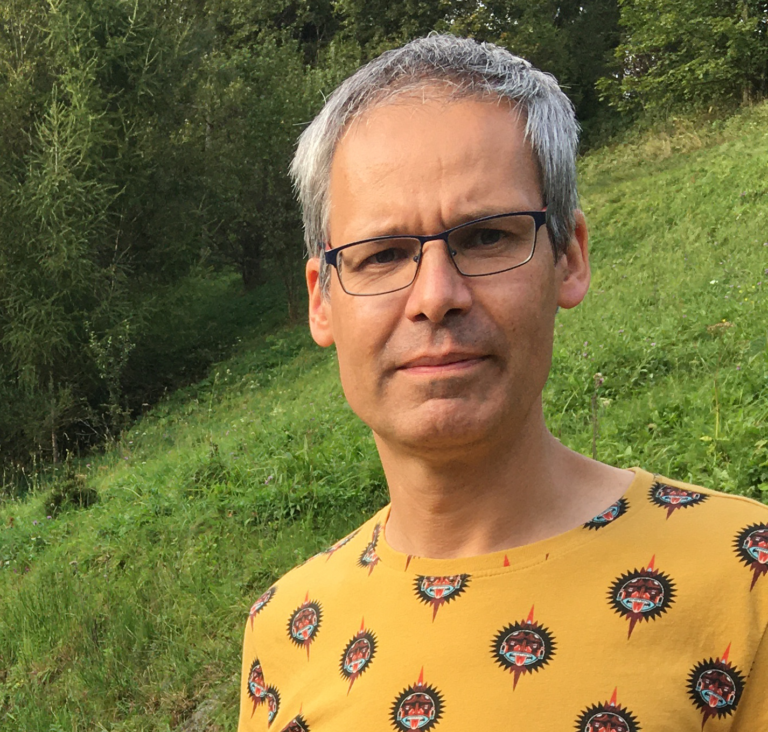
Maciej Eder is the director of the Institute of Polish Language at the Polish Academy of Sciences, chair of the Committee of Linguistics at the Polish Academy of Sciences, vice-chair of the COST Action “Distant Reading”, co-founder of the Computational Stylistics Group, and the main developer of the R package ‘Stylo’ for performing stylometric analyses. He is interested in European literature of the Renaissance and the Baroque, classical heritage in early modern literature, and quantitative approaches to style variation. These include measuring style using statistical methods, authorship attribution based on quantitative measures, as well as “distant reading” methods to analyse dozens (or hundreds) of literary works at a time.
Email: maciej.eder@ijp.pan.pl
For more: https://maciejeder.org/pl/
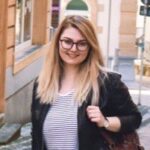
Evgeniia Fileva
University of trier, WP3
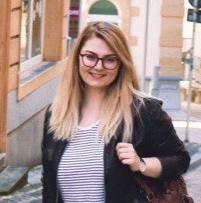
Evgeniia Fileva studied Computational Linguistics at the University of Trier. In her master’s thesis she dealt with dialogue management strategies in dialogue systems. From September 2020 to March 2021 she was a research assistant in the project Zeta und Konsorten. Since April 2021 she’s a part of the CLS INFRA project with the goal of documenting and disseminating current methods and experiences of literary scholars working digitally, as well as technically testing innovative methods at the edge of current practice.
Email: fileva@uni-trier.de
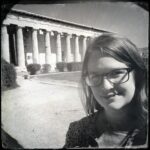
Vicky Garnett
DARIAH-EU & Trinity College Dublin
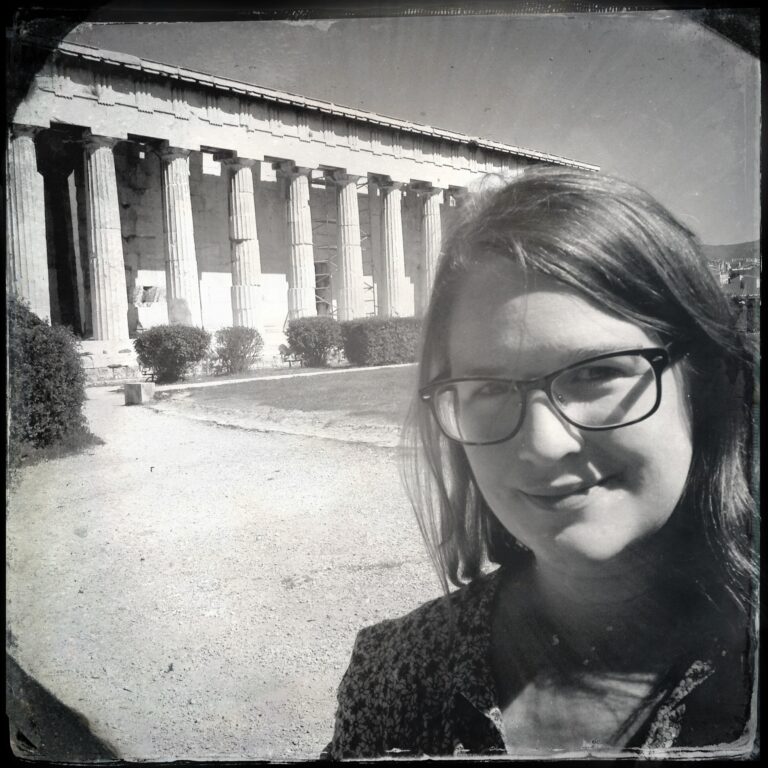
Vicky Garnett is currently working as the Training and Education Officer for DARIAH-EU, and has previously been involved in several EU projects, including DigCurV, Europeana Cloud, and most recently PARTHENOS, where she was directly involved in the development and provision of training materials. Her academic background lies mostly in linguistics, having obtained her MPhil in Linguistics from Trinity College Dublin, and is currently working on a PhD in Dialectology (also at Trinity College Dublin). Vicky also has an interest in research communication, and obtained a Diploma in Public Relations from the Irish Public Relations Association.
Email: vicky.garnett@dariah.eu
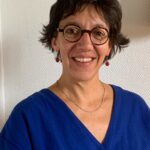
Françoise Gouzi
DARIAH-EU, WP5
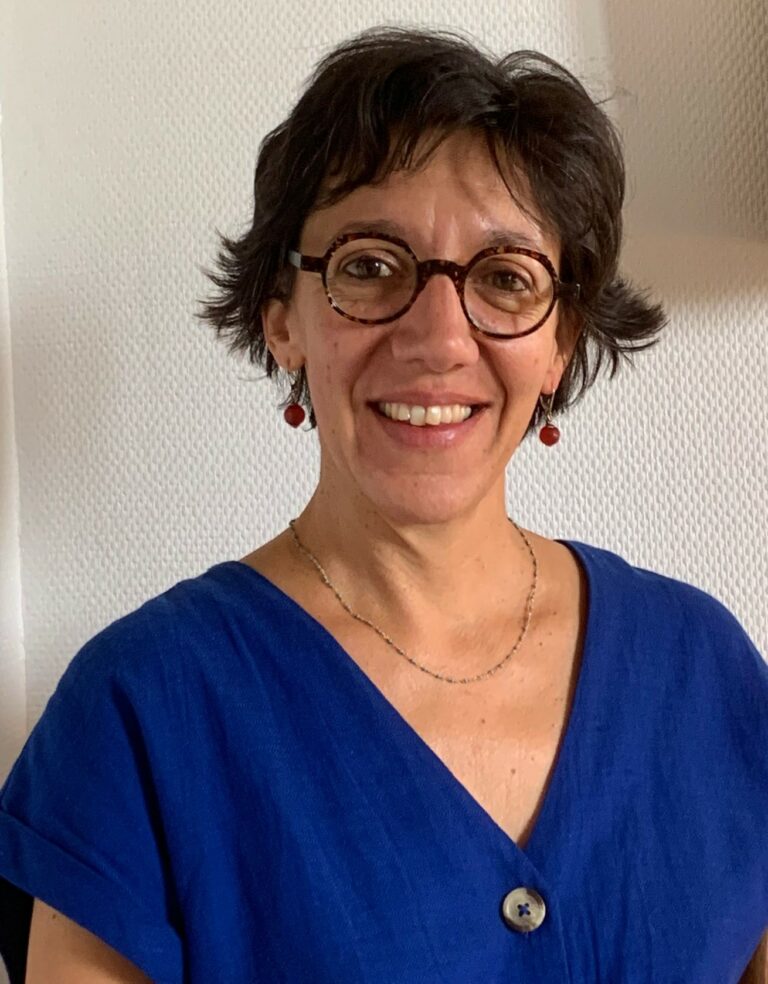
Françoise Gouzi hold a Master’s degree in Political Sciences and in Contemporary History (University of Toulouse, France) and a Master’s degree in Information and Documentation Sciences (CNAM, Paris, France). She first worked as library coordinator in French cultural and linguistic Centres in Bolivia and Chile (2000-2005). Then, with civil servant status for the French Ministry of Research, she worked for 15 years as Open Science Manager (until 2023) at the Jean-Jaurès Toulouse University (Social Sciences and Humanities). She coordinated in collaboration with the vice-presidency Research and the researchers to build the Open Science policy. To foster and support Open Access, she has been designing training programs and setting up a “help desk” based on the identified needs of 23 research units, the editorial committees of 40 journals. She has also been involved in many national and international networks specialized in Open Access publishing, scholarly communications, metadata and quality standards for academic publication and authors rights. In September 2023, she joined DARIAH-EU as Open Science Officer where she is responsible for fostering and implementing Open Science practices across DARIAH network. She contributes to the design and implementation of open science policy statements, guidelines and services related to the open dissemination of research results in the humanities.
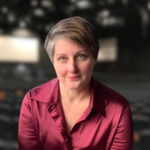
Dr Sarah Hoover
NUI Galway, WP2
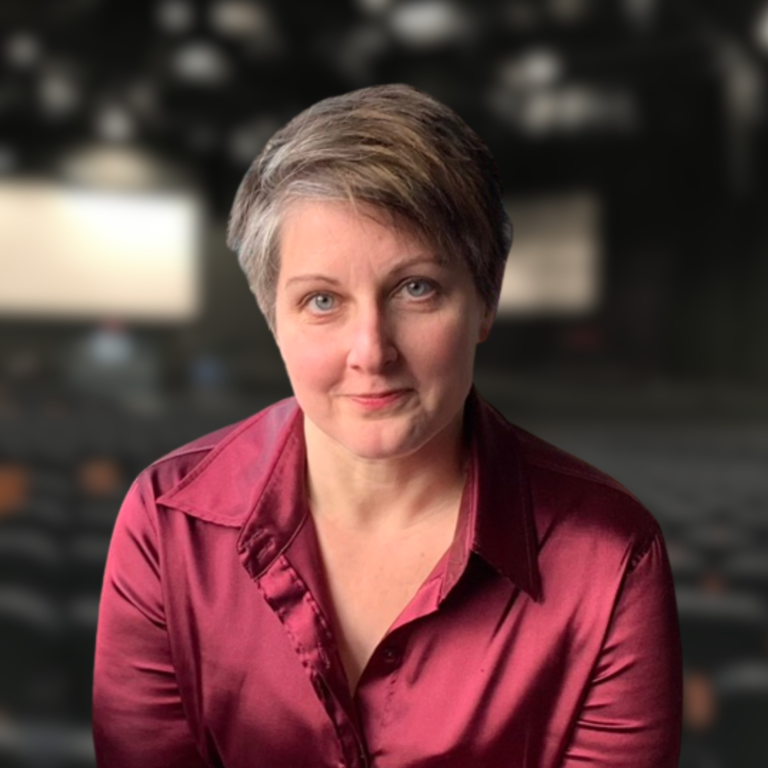
Dr Sarah Hoover was a Postdoctoral Researcher on the CLS INFRA project from 2023-2025, acting as WP2 Lead from July 2024 to May 2025. At that time she left CLS INFRA to take up the role of Lecturer in Digital Cultures at the Institute of Art, Design & Technology in Dun Laoghaire, Ireland. Sarah was previously an instructor and researcher at the School of Film, Music and Theatre at University College Cork and at the School of English and Creative Arts at the University of Galway. Her monograph Larping Audiences into Theatre: Strategies of Reflective Affective Dramaturgy was published by Palgrave Macmillan in 2024. She is also a professional dramaturg, working with companies such as Eva’s Echo and Game Theory Theatre as well as playwrights and performance artists including Esther Almazan, Jenni Nikinmaa and Charlotte Gallagher. Sarah was a researcher on the Visioning The Future project identifying best practices in artistic research pedagogy (UCC 2021) and the BodyVAR ERC Consolidator proposal (UCC 2022).
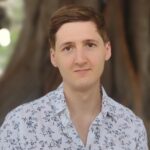
BartŁomiej Kunda
Institute of Polish Language, Polish Academy of Sciences, Coordinating Manager
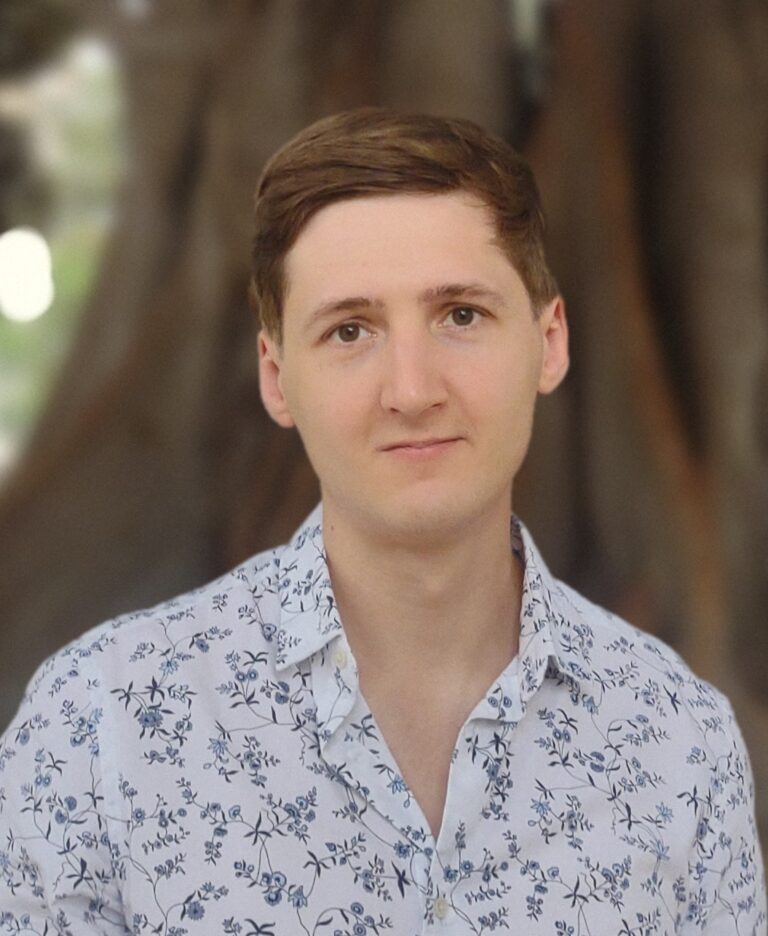
Bartłomiej Kunda is the coordinating manager in the CLS INFRA project as well as a researcher at the Institute of Polish Language, Polish Academy of Sciences. His research focuses on literary masculinities studies, especially investigating the phenomenon of male failure and male practices of acting in the face of it. His current PhD research project is: “Literary strategies of masculinities in the face of failure in contemporary American prose”. He has a background in cognitive science, philosophy and litarary criticism, and is also interested in literary theory – mostly at the intersection of feminist and queer theories. Email: bartlomiej.kunda[@]ijp.pan.pl.

Prof. Dr. Els Lefever
LT3/Ghent CDH, Ghent University , WP8
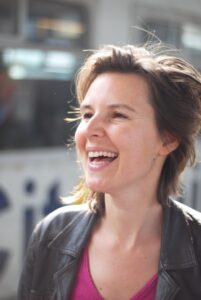
Els Lefever is an associate professor at the LT3 language and translation technology team at Ghent University. She started her career as a computational linguist at the R&D-department of Lernout & Hauspie Speech products and holds a PhD in computer science from Ghent University on ParaSense: Parallel Corpora for Word Sense Disambiguation (2012). She has a strong expertise in machine learning of natural language and multilingual natural language processing, with a special interest for computational semantics, cross-lingual transfer learning, cross-lingual word sense disambiguation and sentiment analysis, multilingual terminology extraction, and digital humanities. She was involved in the SCATE project (work package on bilingual terminology extraction from comparable corpora), the AMiCA project (work package on the automatic detection of cyberbullying events) and TExEval (automatic ontology extraction from term lists). Els is currently supervising PhD research on language modeling for low-resourced languages, argumentation mining in political social media text, the automatic detection of irony in online text, NLP approaches for Byzantine Greek Epigrams, cuneform tablets, and historical literature, and the automatic linking of medical lay and professional terminology to enhance comprehension of medical texts by patients. As a co-director of the Ghent Centre for Digital Humanities, Els builds on her expertise in machine learning of natural language and multilingual natural language processing to advise and assist in DH research and infrastructure projects across the faculty. Els teaches Terminology and Translation Technology, Introduction to Translation Technology, Localisation and Digital Humanities courses.
Email: els.lefever@ugent.be
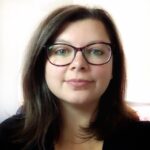
Dr Ciara L. Murphy
NUI Galway, WP2
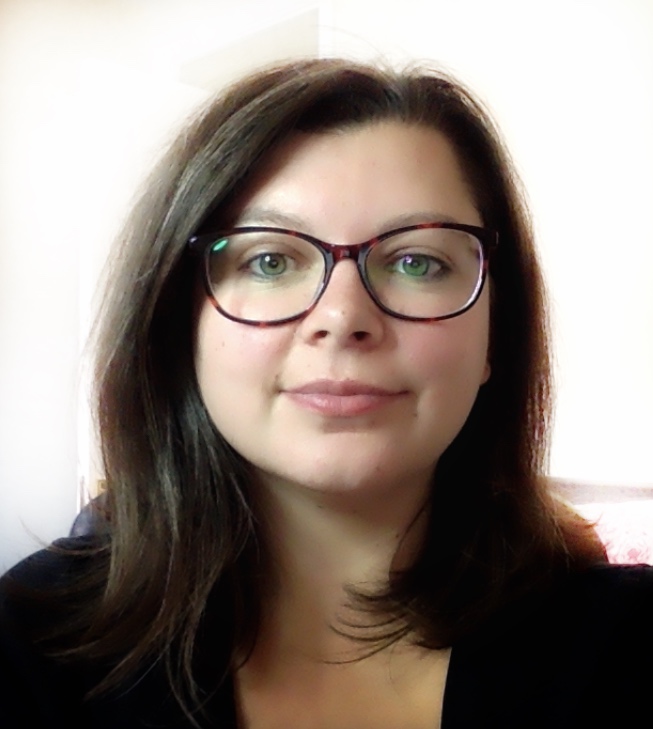
Dr Ciara L. Murphy was a Postdoctoral Researcher on the CLS INFRA and ELEXIS research projects, moving on to a lectureship with Dundalk IT in October 2022. Ciara was previously Lecturer in Creative Arts Teaching and Learning in the School of English and Creative Arts at NUI Galway. Her forthcoming monograph Performing Social Change on the Island of Ireland: From Republic to Pandemic will be published by Routledge in 2022. She is currently co-editing a collection Austerity and Irish Women’s Writing and Culture, 1980-2020 (Routledge 2022). Ciara was a researcher on the collaborative research project for #WakingtheFeminists, ‘Gender Counts: An Analysis of gender in Irish theatre 2006-2015’, that examines how key roles in Irish theatre have been gendered over the last ten years.
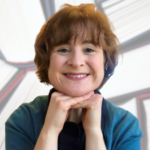
Dr Emily Ridge
University of Galway, WP2
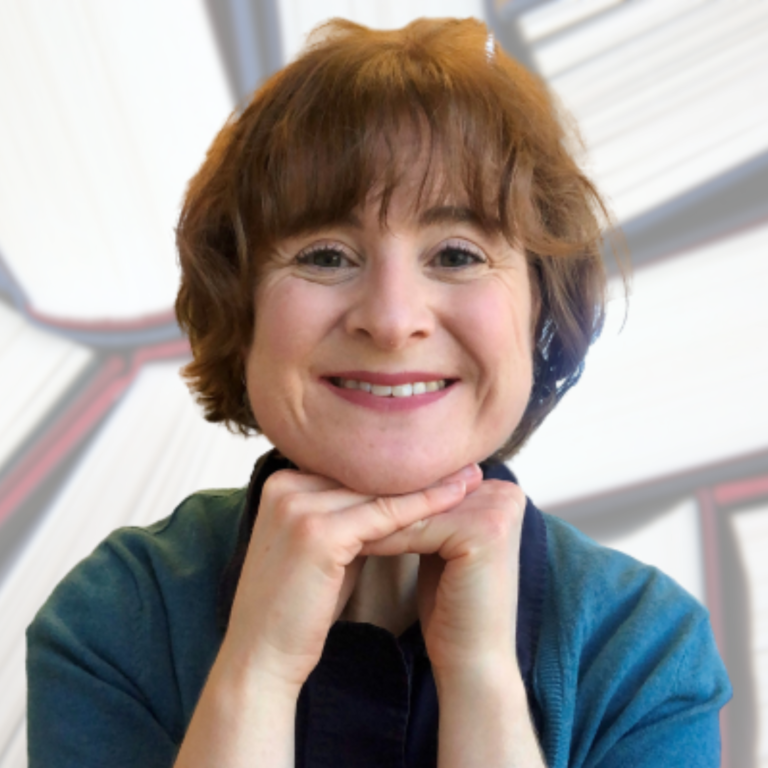
Emily Ridge is a Lecturer Above the Bar at the National University of Ireland Galway, having previously taught at City University of Hong Kong and the Education University of Hong Kong. She works on modernist and post-war literature. Her first monograph, entitled Portable Modernisms: The Art of Travelling Light, was published by Edinburgh University Press in 2017 and she is co-editor (with Jeffrey Clapp) of Security and Hospitality in Literature and Culture: Modern and Contemporary Perspectives (Routledge, 2016). Her further work has appeared in journals such as Novel: A Forum on Fiction, Modernism/Modernity and Textual Practice, and she is co-editor of a forthcoming special journal issue on the ‘Discourses of Emotional Labour’. Her current project focuses on emotion and its instrumentalisation, as conceived in twentieth-century women’s writing. Email: Emily.Ridge@UniversityOfGalway.ie

Associate professor Salvador ros
UNED, WP7, Wp8, Wp9

Salvador Ros is an Associate Professor at UNED (National Distance Education University) at the School of Computer Science. Currently, He is the Technical Director of POSTDATA ERC Starting Grant and LyrAIcs proof of concept project. Director of the Master of Big Data´s architectures and technologies and Data Science. Salvador Ros has been Director of Learning Technologies at UNED for six years and Vice Dean of Technologies at Computer Science School for six years. He has received the Extraordinary Doctoral Award in the UNED for his PhD dissertation and Two special best paper awards as well. He is a strategical and innovation Manager in the Public sector. He has graduated from the Leadership Program for PublicSector Management by IESE Bussines School. Universidad de Navarra, in a Strategic Senior Management for Universities by Universidad de Nebrija y Politécnica de Barcelona and the Leadership Program for Innovation and entrepreneurship in Public Sector by Deusto Bussiness School. Universidad de Deusto.He is a senior member of the IEEE Education society since 2007. His research and professional activity, in general, is focused on enhanced learning technologies for distance learning scenarios and learning analytics, Bigdata, and an IA applied to Science and Humanities and strategic consultant for the public sector.
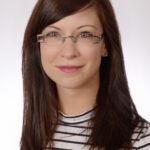
Dr. Erzsébet Tóth-Czifra
DARIAH-EU, WP1 & WP5
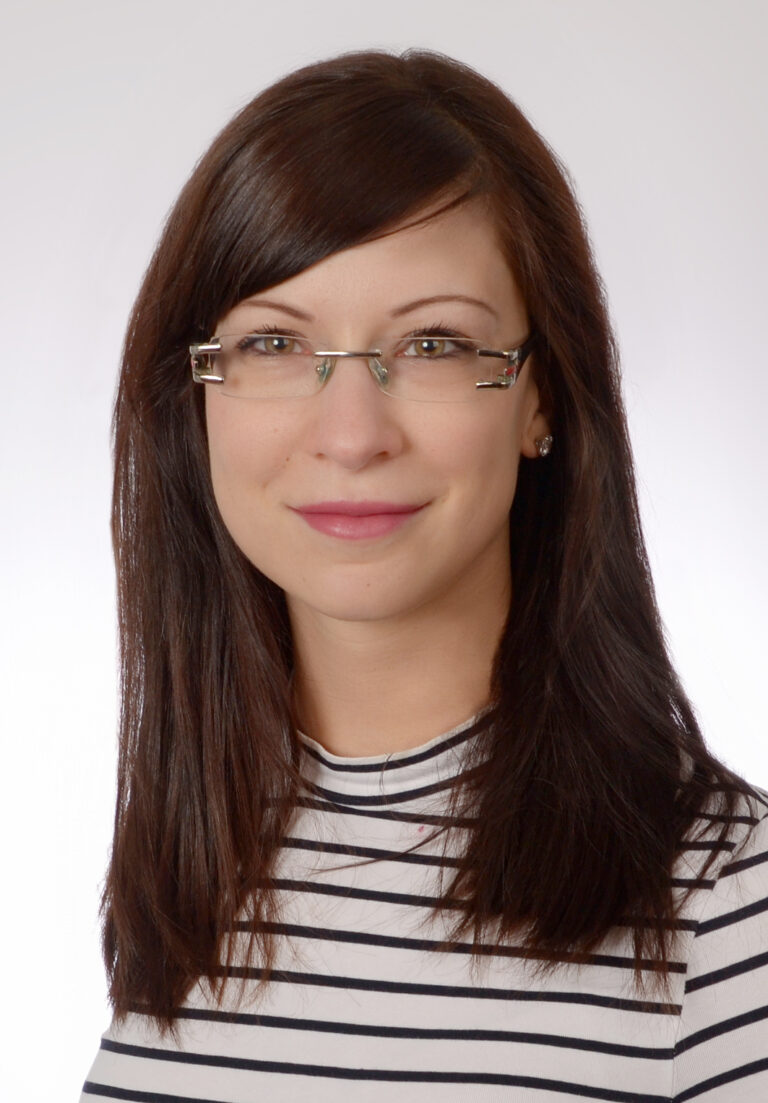
Erzsébet works as the Open Science Officer of DARIAH-EU where she is responsible for fostering and implementing policies and practices related to the open dissemination of research results in the humanities. Her advocacy activities include providing workshops, webinars, and other training activities on a regular basis. She is also involved in European infrastructure-building projects such as OPERAS-P and TRIPLE. She received her PhD in Cultural Linguistics and also has a background in scholarly communication.
Email: erzsebet-toth-czifra@dariah.eu
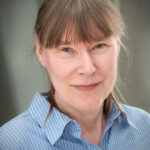
Prof. Dr Karina van Dalen-Oskam
Huygens Institute (KNAW), WP4 Lead
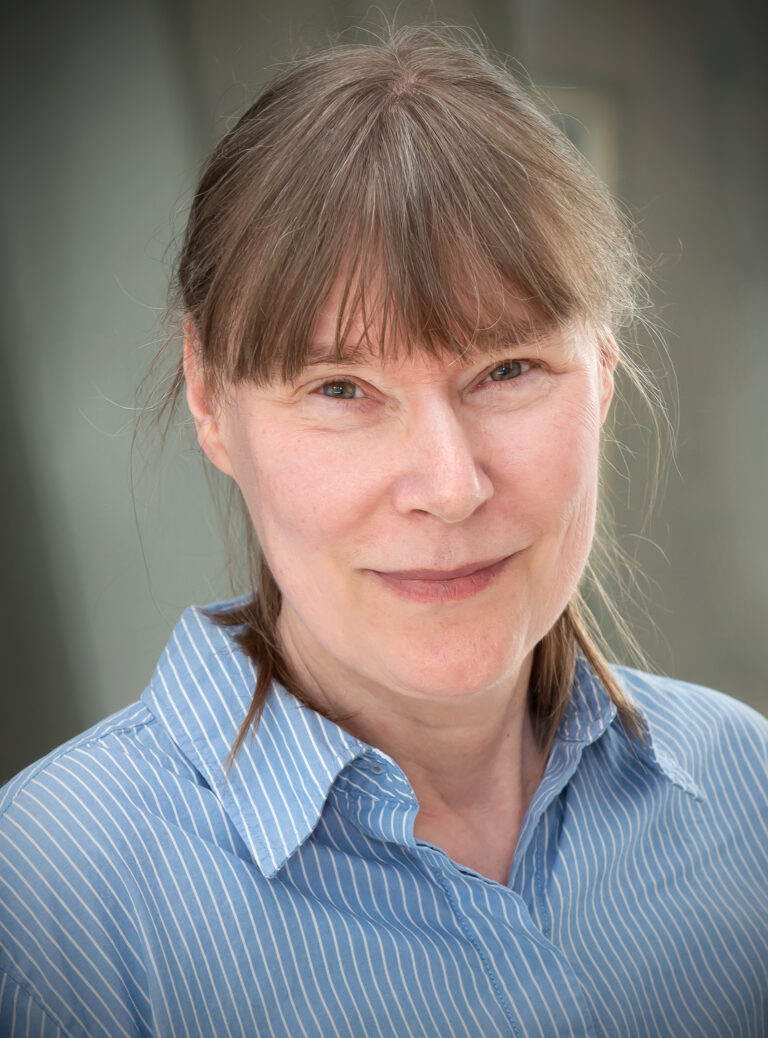
Karina van Dalen-Oskam’s research focuses on computational literary studies and the development of methods and techniques for the stylistic analysis of modern Dutch and English novels. She applies these methods to analyze stylistic differences in texts, oeuvres, genres, time periods, and cultures or languages. Proper names in literary texts have her special interest. She is also interested in canon formation. She has been project leader of The Riddle of Literary Quality (2012-2019) and currently leads, among other projects, Track Changes: Textual scholarship and the challenge of digital literary writing and Novel Perceptions: Towards an inclusive canon. In this project, she collaborates with the University of Wolverhampton. She is preparing a follow-up project to The Riddle of Literary Quality: The Riddle of the Literary Canon. Next to her work at Huygens Institute and from March 2012 onward, she is also professor of Computational Literary Studies at the University of Amsterdam. She was a member of the Executive Committee of the European Association for Digital Humanities (EADH) from 2011-2014 and president of EADH from 2014-2015. From 2015-2019 she was the chair of the steering committee of the international digital humanities organization ADHO (Alliance of Digital Humanities Organizations).
Email: karina.van.dalen@huygens.knaw.nl

Lisanne M. van Rossum rMA
The Royal Netherlands Academy of Arts and Sciences, WP3 & WP4
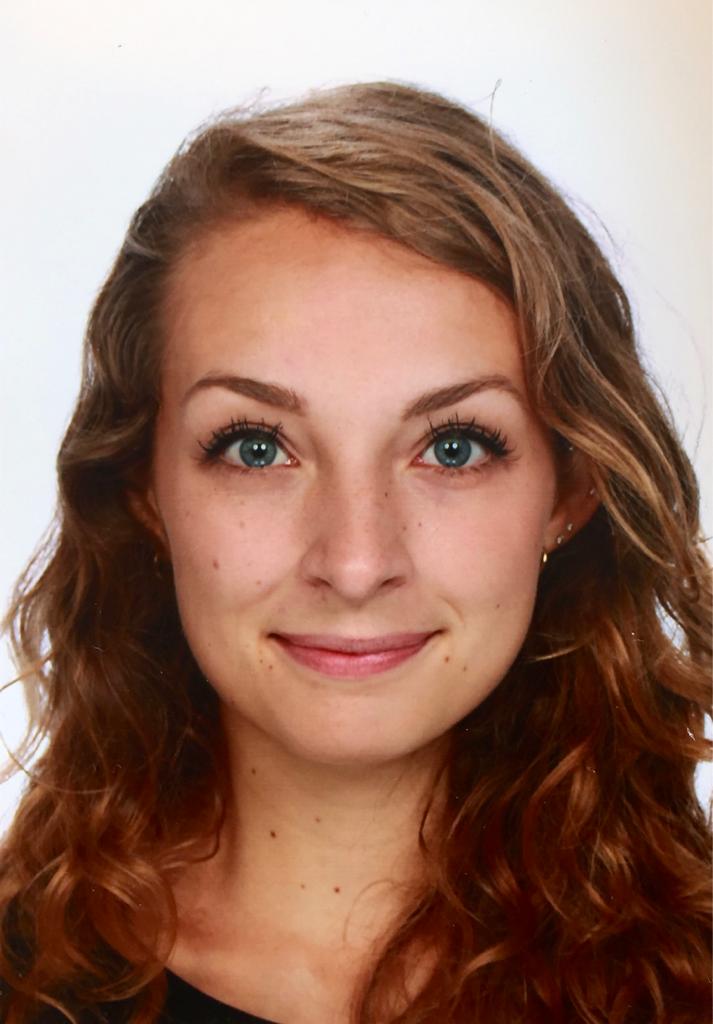
Email: lisanne.van.rossum@huygens.knaw.nl

Dr Joris van Zundert
Huygens Institute, WP4 Lead
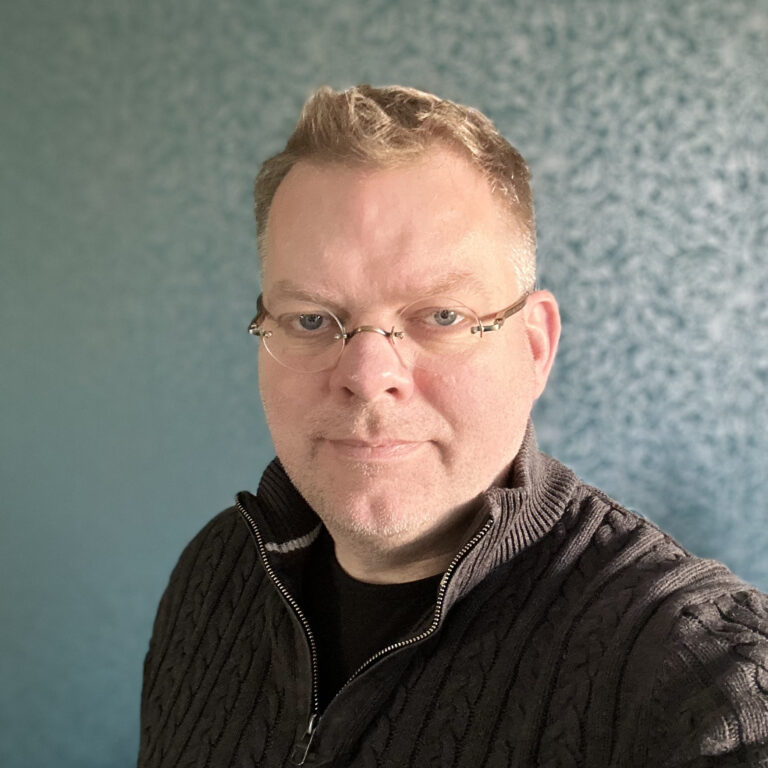
Dr. Joris J. van Zundert is a senior researcher and developer in humanities computing in the department of literary studies and the Digital Humanities Lab at the Huygens Institute of the Royal Netherlands Academy of Arts and Sciences (KNAW) in Amsterdam, The Netherlands. His research focuses on computational algorithms to analyze literary and historical texts, and on aspects of humanities information and data modeling. His PhD research in the field of Science and Technology Studies focused on methodological effects of the interaction between software engineers and humanities scholars. He was awarded the title of doctor “cum laude” (with honors) on the basis of his dissertation Scholarship in Interaction in 2022. His computational analytic work focuses on the correlation between text immanent features of texts and sociological processes around the concept of literature. He is also involved in developing computational approaches to stemmatology, narratology, and scholarly editions. Dr van Zundert stepped in as WP4 lead in April 2024.


